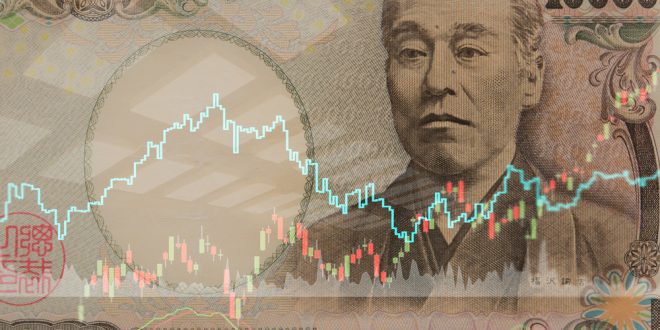Shortly after Japanese Prime Minister Shinzo Abe announced that he is stepping down due to health issues, the market reacted with anticipation for the one who will replace Japan’s longest serving PM.
A recent report by CNBC explored the main challenges facing the next Prime Minister of Japan, noting that Shinzo Abe’s economic policies, known as Abenomics, did not achieve 100% of its current target, which leaves many of challenges for the next Prime Minister.
Economic Recovery
With the world suffering from the economic impacts of the Coronavirus (COVID-19), the world’s third largest economy will be looking forward to a strong recovery from the impacts of the pandemic on the local and the global economies.
When Abe took over in 2012, he helped take Japan out of a long period of stagnation, with the huge monetary easing by the Bank of Japan (BoJ), which was supported by Abe’s government, playing a huge part in this.
Inflation
Despite the economic successes of Abe’s government, achieving the inflation target was not one of them. With the growth in wages failing to meet expectations to achieve a rise in consumer spending.
The Japanese government have reportedly called upon employers to raise wages in order to help reach the inflation target by increasing spending across market segments.
Public Debt
This is one of Japan’s major challenges, with public debt exceeding 200% of the gross domestic product (GDP) even before the COVID-19 pandemic, which in itself led to rising debt levels across the globe.
 Noor Trends News, Technical Analysis, Educational Tools and Recommendations
Noor Trends News, Technical Analysis, Educational Tools and Recommendations





